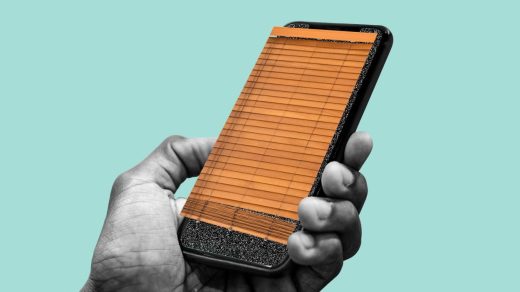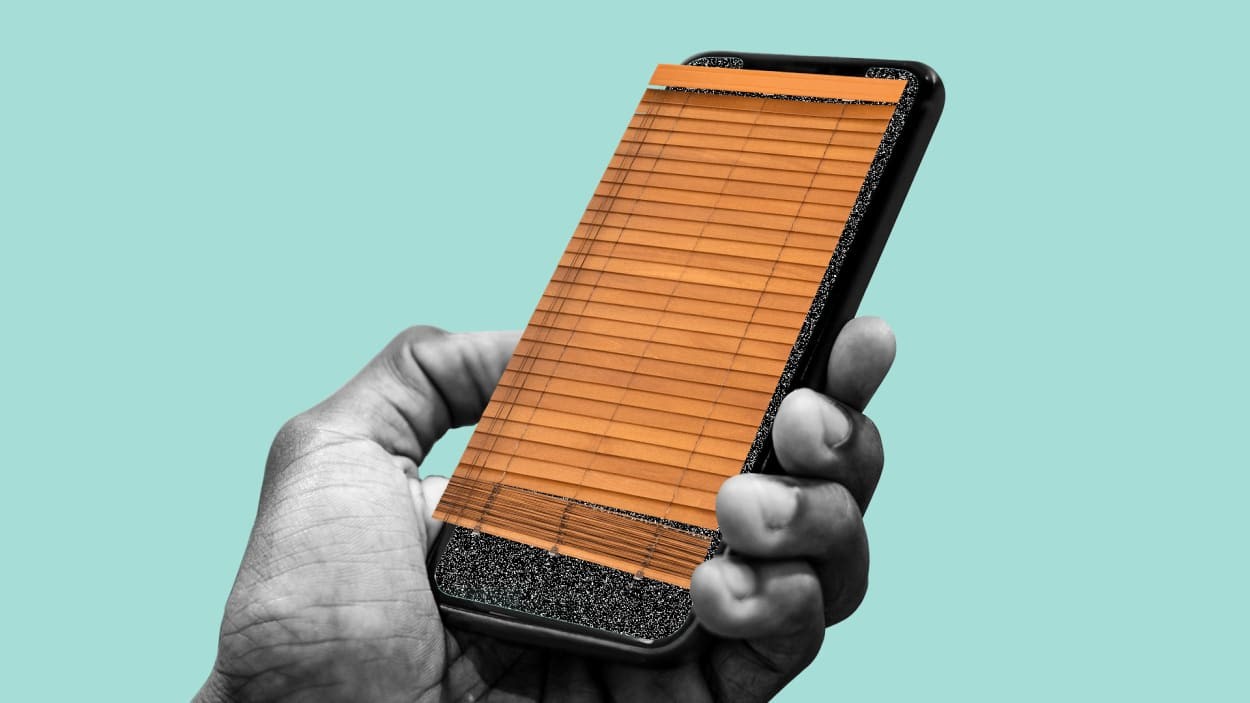Apple’s next fight could be against ‘shoulder surfers’
By Sarah Bregel
We do just about everything on our phones and computers. From paying bills, to having private conversations, to googling a new and unpleasant rash, our devices hold information about our lives that is quite personal. But if you’ve ever worried about someone peeking at what you’re doing on your phone or your laptop, you’re certainly not alone. “Shoulder surfers” are a genuine problem that leads to hacking, stolen information, and even identity theft.
Because our bright screens, which have high resolution, are so clear, it’s not all that tough to gather information from phones like credit card data, passwords, and more, just from a quick glance. All someone has to do is stand behind you in line or peer over your shoulder, though some can go to more extreme lengths, like using binoculars to view faraway screens.
Apple has improved screens in just about every imaginable way already. However, most of those fixes make our scenes easier to view—not harder. Now, the company might be working on a solution that will leave shoulder surfers struggling for a solid view.
New screen technology for iPhones and Macs could help to make it so that only the user can see their screen properly. Screen technology is already advanced, but it often offers a 170-degree field of view, meaning it’s easy for wandering eyes to see your screen. But two new patents acquired by Apple aim to solve the problem.
The first, called “Privacy films for curved displays,” proposes putting a covering on the screen, which only allows light to emanate in one direction. Therefore, only the person right in front of the screen can view it clearly. The other patent, for flat screens, is called “Displays with adjustable angles of view.” It proposes altering the viewing angle of the display while in use, which would act as a filter, letting the user be in control of how polarized the screen is. The patent also describes the use of a liquid crystal element that only allows certain colors to be seen when not viewing the screen head-on.
While we might not always be aware of it, shoulder surfing is rampant. In a 2016 NYU study, 73% of survey respondents shared that they had seen someone’s confidential PIN without that person realizing it. The fraud-protection company Aura says that shoulder surfing is most common in crowded places like airports, bars, restaurants, and on public transportation.
We’re always told to stay diligent about our personal information. However, there haven’t been many effective improvements to screens that actually help solve the problem at the source. With millions of fraud cases reported each year, many of which are related to identity theft, anti-shoulder surfing technology could be a clever fix we desperately need.
Still, it’s worth remembering that companies often file lots of patents that never become products. We have no idea whether these latest ones will turn into great innovations, or end up in the virtual recycling bin. But it’s safe to say that anyone who has ever had their information stolen in broad daylight, and is tired of looking over their shoulder, will likely embrace the employment of user-eyes-only screens.
(46)



